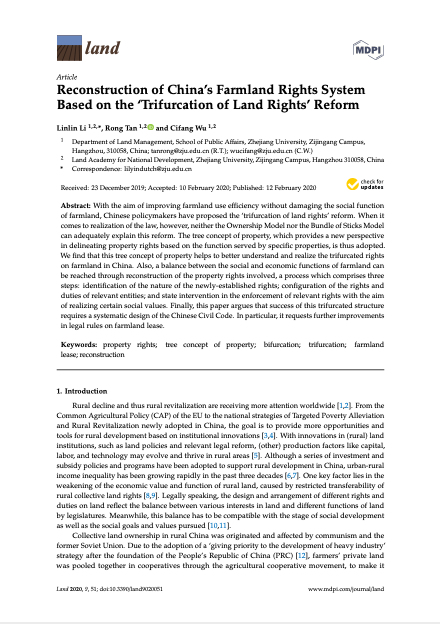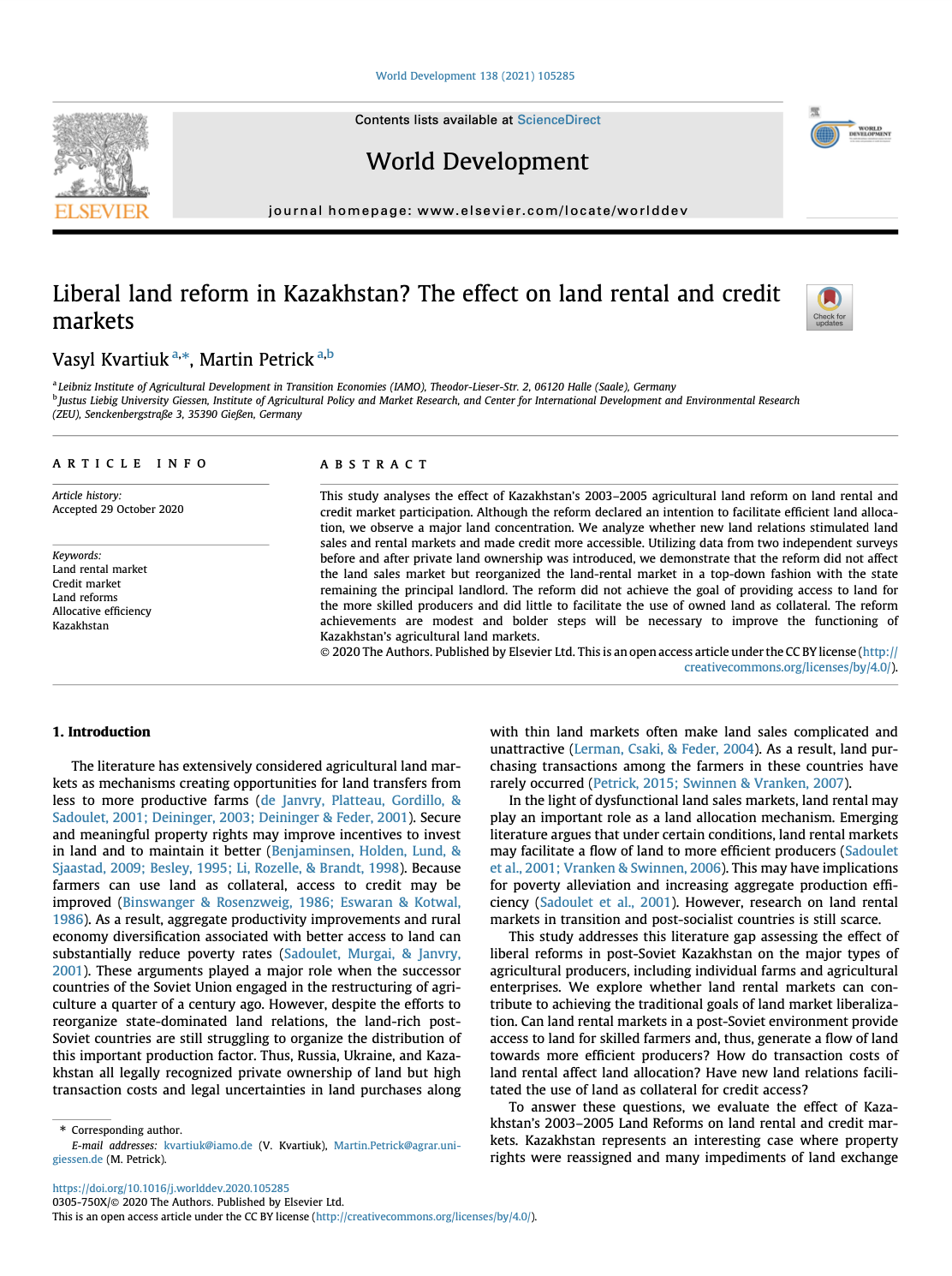Agribusiness Facing Its Limits: The Re-Design of Neoliberalization Strategies in the Exporting Agriculture Sector in Chile
The core neoliberal strategy of Chilean agrarian politics has lasted now for more than 30 years. Despite minor reforms, its fundamental pillars remain in place. While members of the agribusiness sector consider this strategy to be a role-model for food production leading to explosive economic growth, the last decade exposed its socio-ecological limits, such as declining water availability and increased conflicts over land.









